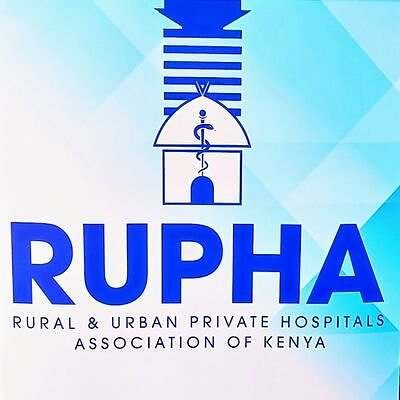BREAKING NEWS: Private Hospitals Cut Off Teachers & Police from Treatment Starting 24th February 2025


Kenyan teachers and police officers are facing a medical crisis as private hospitals have started denying them treatment due to unpaid bills amounting to billions of shillings. This shocking development, effective from February 24, has left thousands of public servants stranded without access to healthcare.
Why Have Private Hospitals Stopped Treating Teachers & Police Officers?

The root cause of this crisis is the government’s failure to pay outstanding claims under the medical insurance scheme provided by Minet Kenya, the insurance administrator contracted to offer healthcare services to teachers and their dependents.
The National Treasury has a Ksh 29 billion contract with Minet Administrative Kenya Limited (MAKL) to provide medical insurance for teachers, police officers, and prison staff. However, prolonged delays in fund disbursement to both private and public hospitals have caused a backlog of unpaid claims.
Massive Debts Owed to Hospitals
Several private hospitals have been operating under financial strain due to these unpaid claims. One notable example is The Nairobi West Hospital, which is owed Ksh 576.79 million and has now stopped offering services to police and prison officers. Other private hospitals have followed suit, leaving many public servants without medical care.
Who Is Affected by This Crisis?
The impact of this healthcare disruption is massive:
- Over 452,635 teachers registered under the Teachers Service Commission (TSC).
- More than 110,000 police officers and prison service staff under the National Police Service Commission (NPSC).
This means that both primary and secondary school teachers, as well as law enforcement officers, cannot access medical treatment unless they seek alternatives in already overstretched public hospitals or pay for private care out-of-pocket.
Minet Under Pressure to Act
Minet Kenya is responsible for managing the medical cover for teachers through its vast network of healthcare providers. However, with private hospitals withdrawing services, many teachers have reported being turned away at health facilities that previously accepted Minet insurance.
The Kenya National Union of Teachers (KNUT) and the Kenya Union of Post-Primary Education Teachers (KUPPET) have raised concerns about Minet’s inability to ensure continued medical services. Union leaders have demanded that Minet immediately settle outstanding bills or risk facing legal action from affected teachers.
KUPPET and KNUT Threaten Industrial Action
The situation has led to growing frustration among teachers, with union officials in the North Rift counties threatening to go on strike if their healthcare access is not restored. Teachers have accused Minet and the government of failing to safeguard their health and well-being, despite deductions being made from their salaries to fund medical insurance.
Government’s Failure to Disburse Funds
Despite allocating:
- Ksh 17.6 billion to TSC for teachers’ medical cover,
- Ksh 13.6 billion to NPSC for police medical cover,
the funds have not been released to hospitals, causing the current crisis. The National Treasury has yet to provide a clear explanation for the delay, even as more teachers and police officers struggle to get treatment.
What Needs to Be Done to Resolve the Crisis?
To resolve this urgent crisis, key stakeholders must take the following actions:
- Immediate Disbursement of Funds: The government must release money to Minet and hospitals to clear outstanding debts.
- Accountability from Minet: Minet should provide transparency on how insurance premiums are being utilized.
- Better Payment Structures: The government must establish a system that ensures timely payments to healthcare providers.
- Emergency Measures for Affected Teachers & Police: Authorities should set up alternative healthcare solutions while the issue is being resolved.
Conclusion: A Crisis That Must Be Fixed Immediately
The suspension of medical services for teachers and police officers is a major failure in Kenya’s public service management. These professionals play a crucial role in society, and denying them access to healthcare puts their lives at serious risk.
As the crisis deepens, all eyes are now on the National Treasury, Minet, TSC, and NPSC to take swift action and restore medical services before the situation gets out of hand.
Stay tuned for more updates on this developing story!




